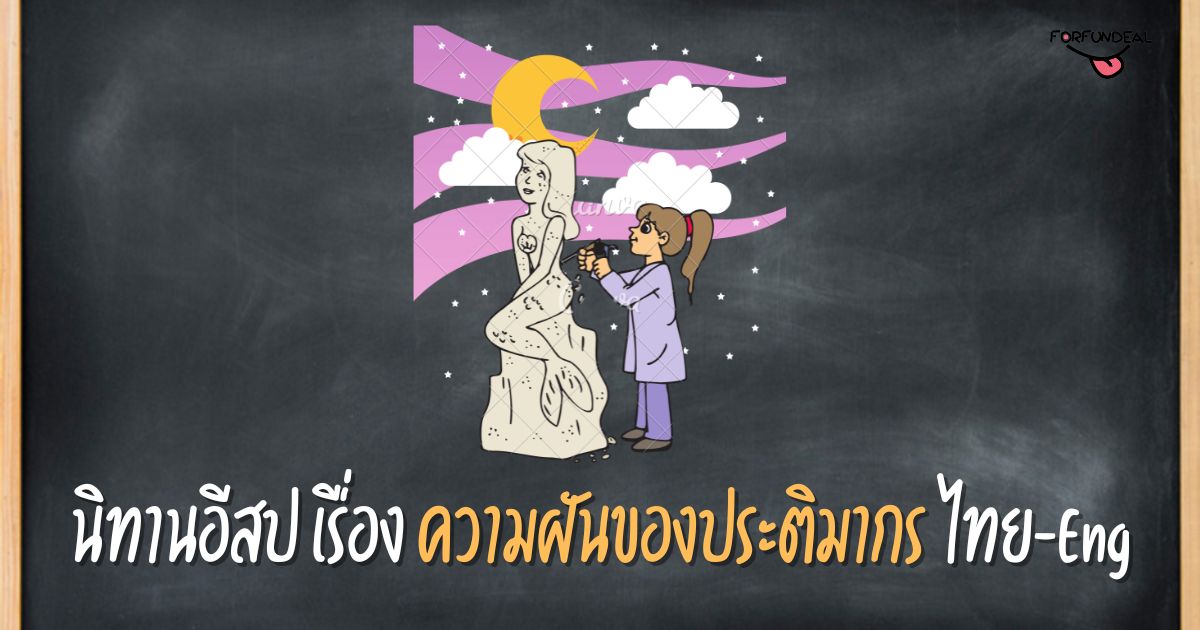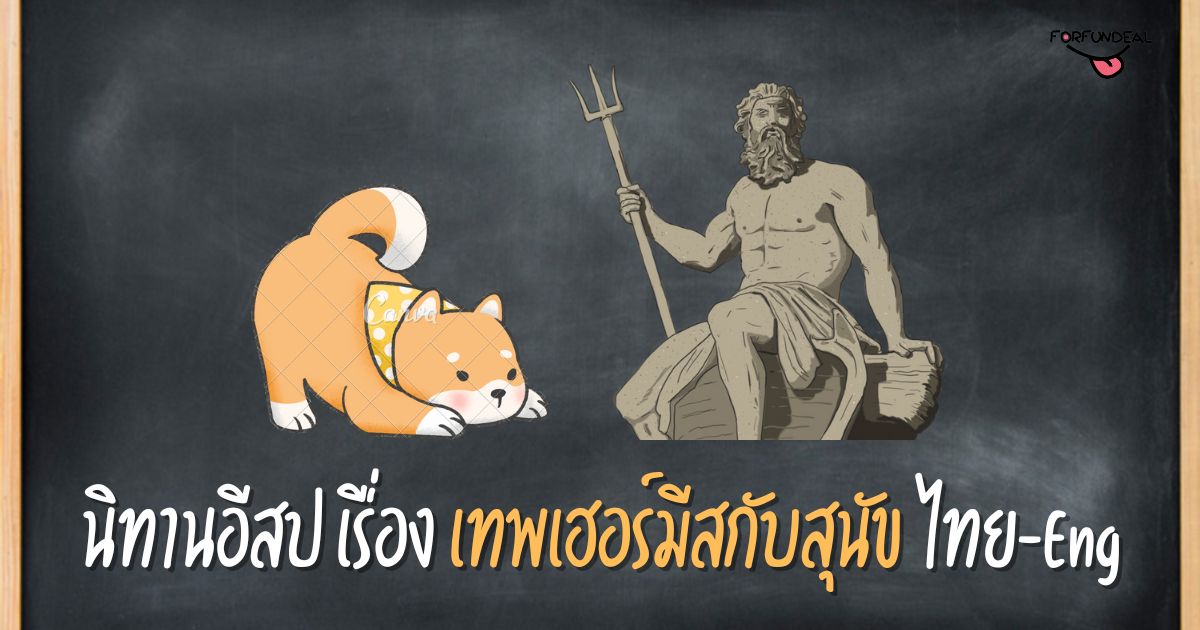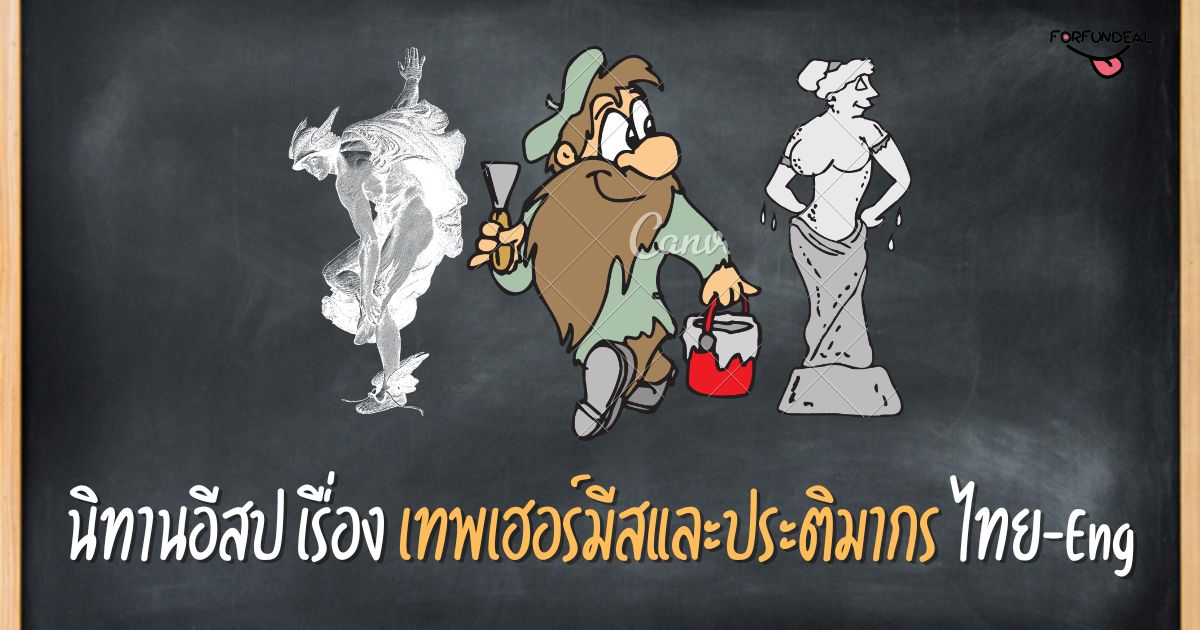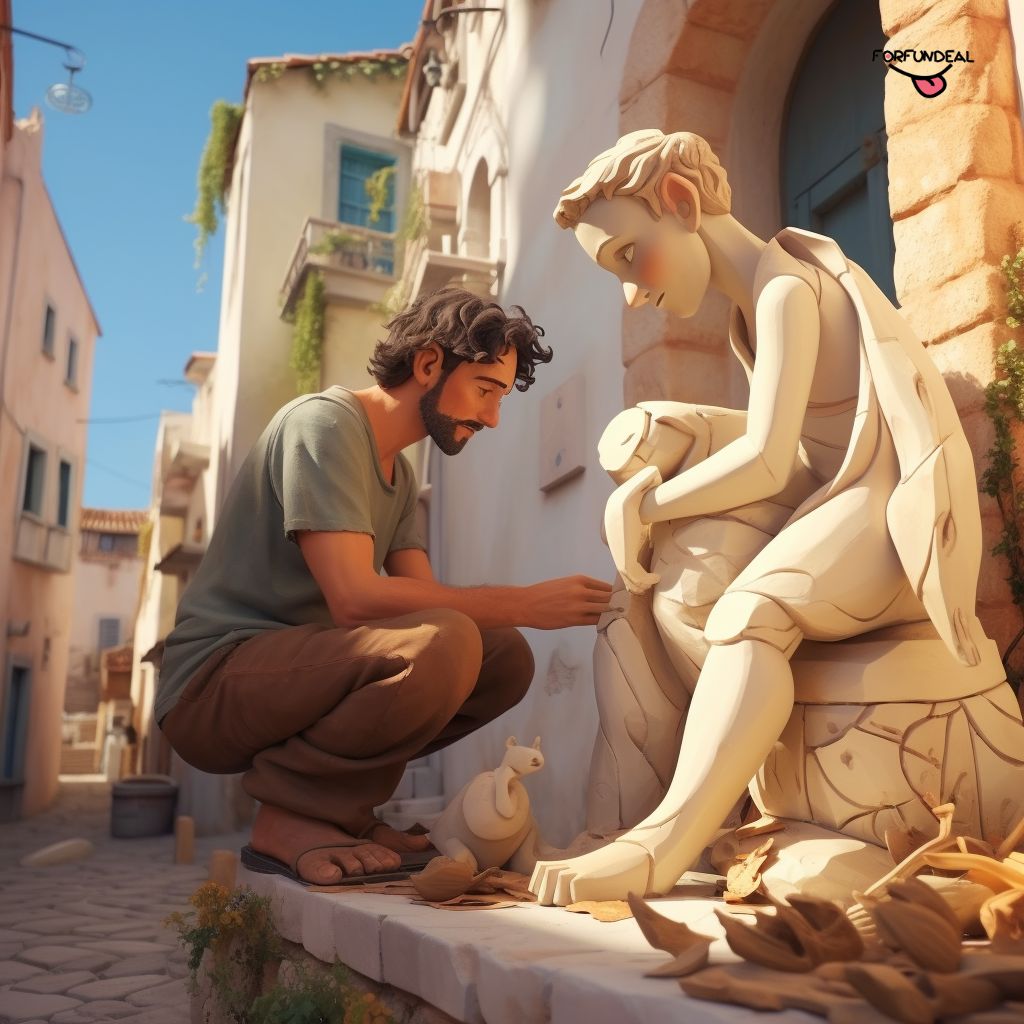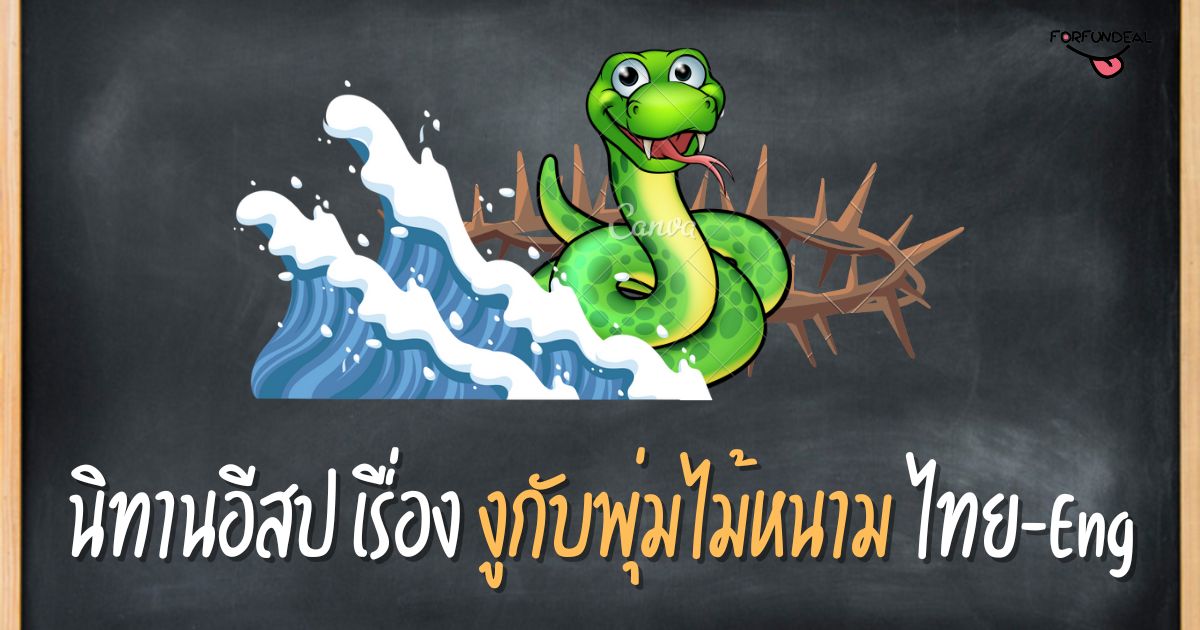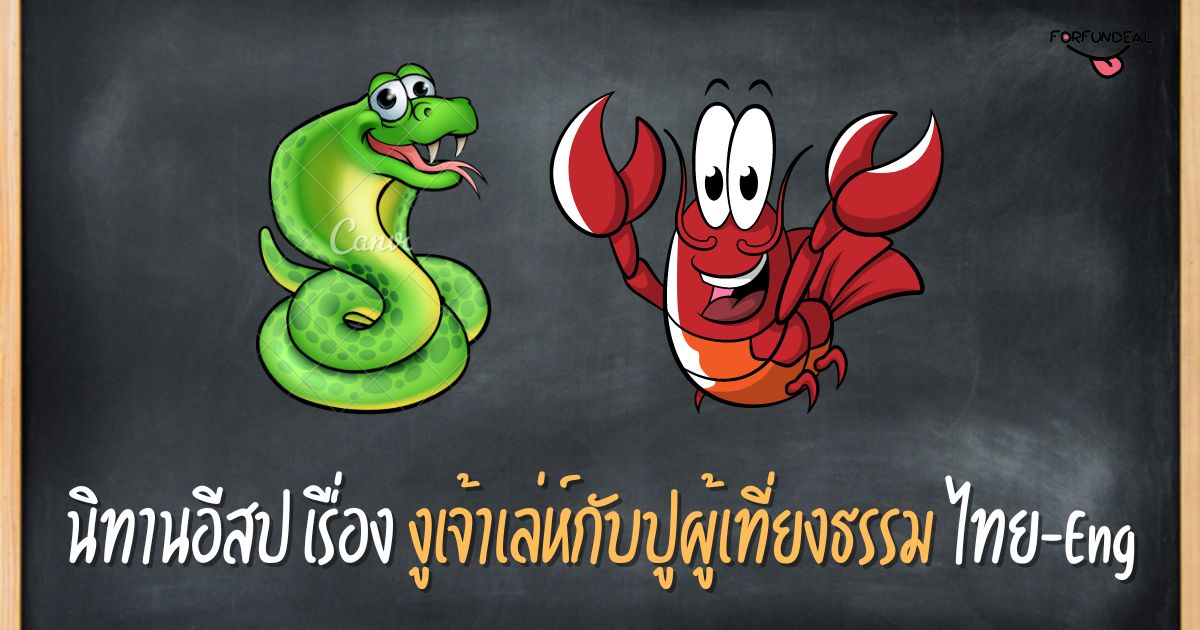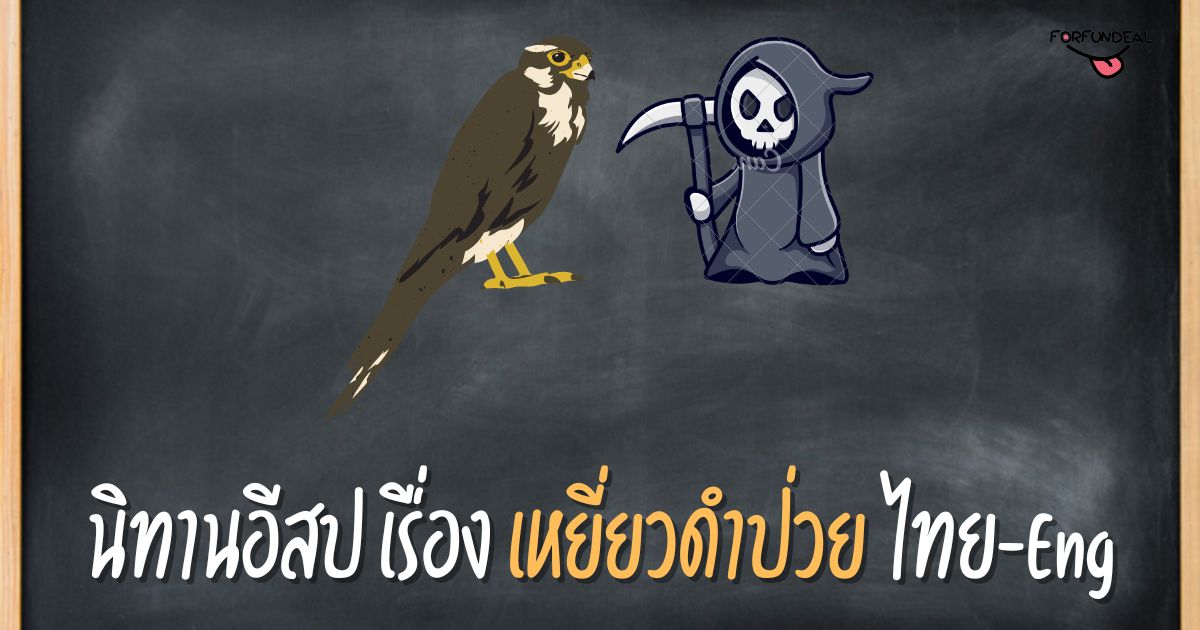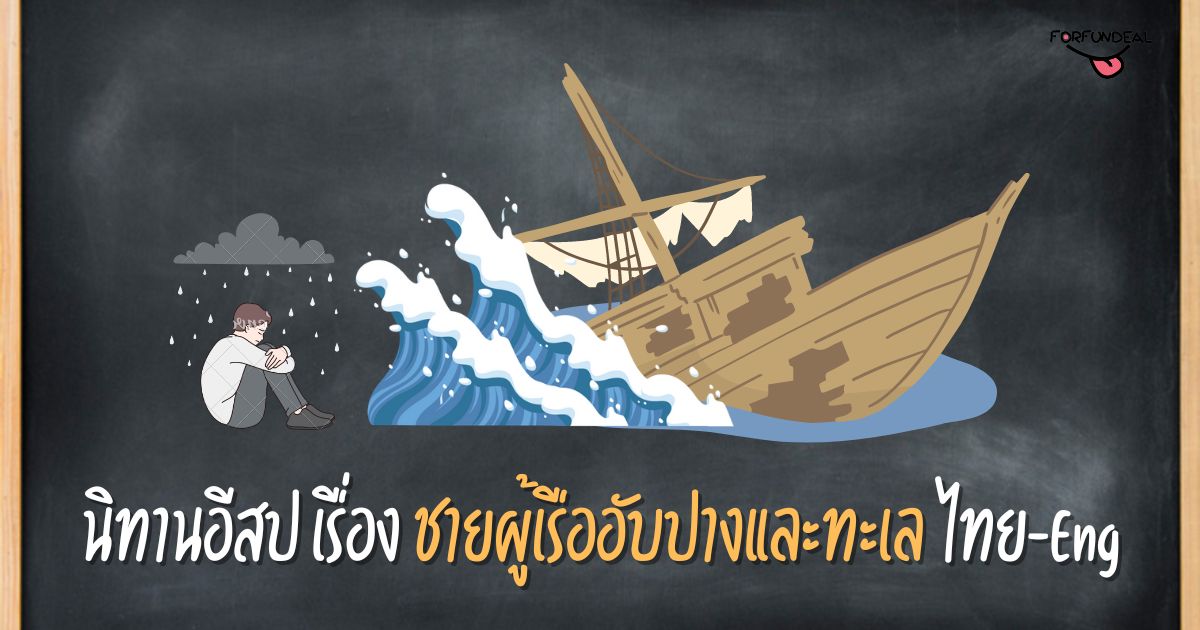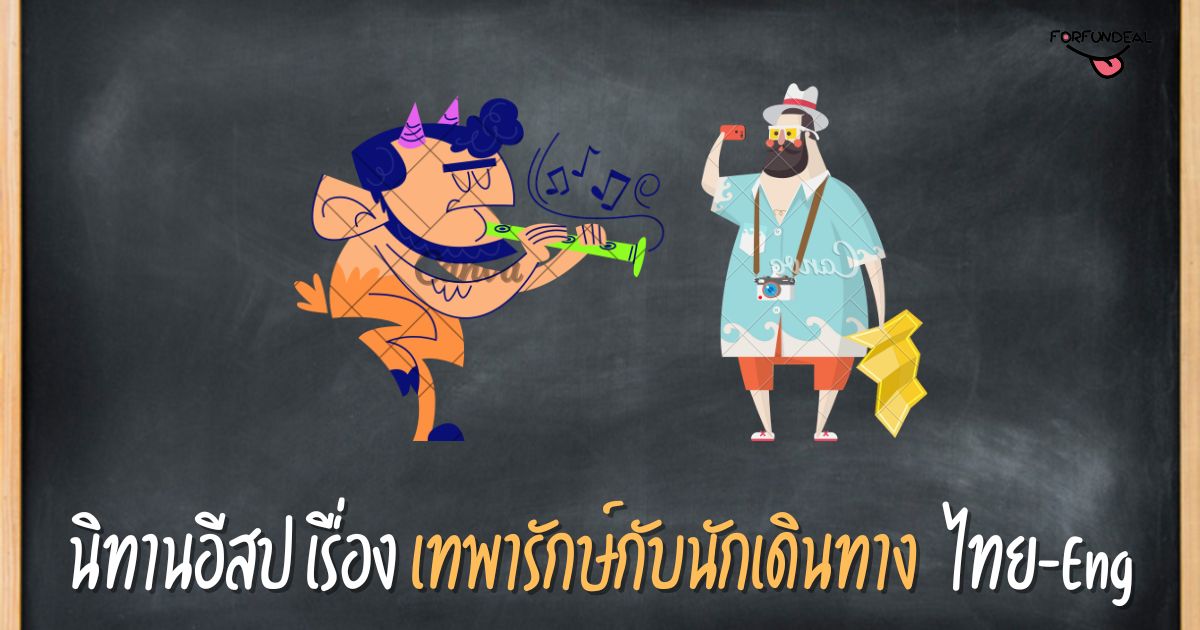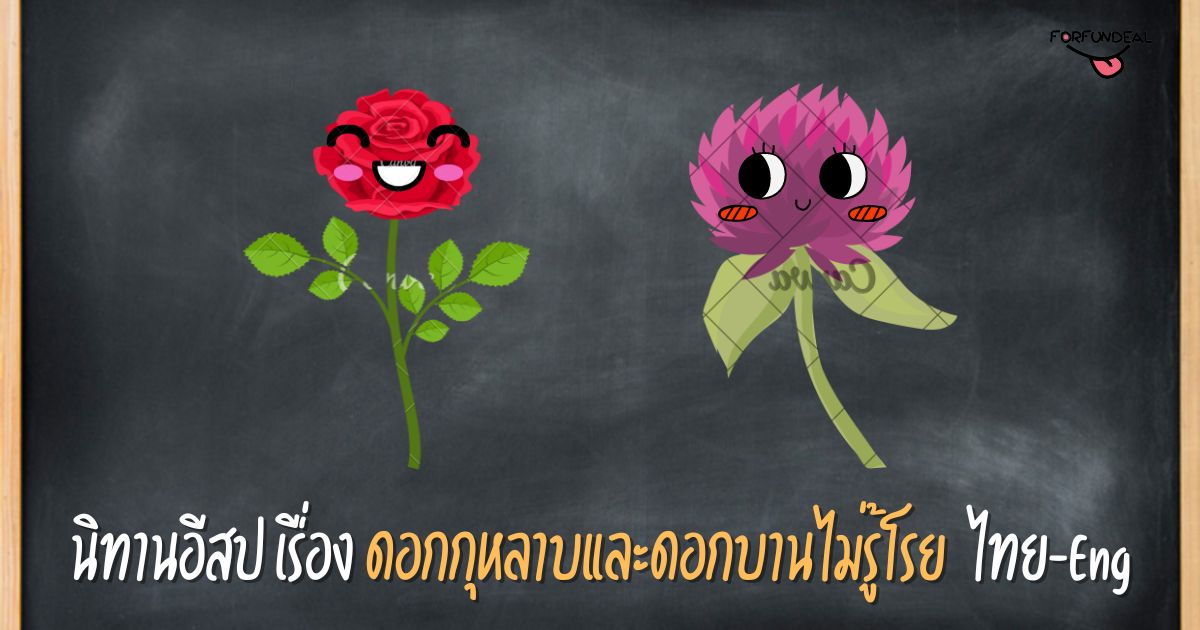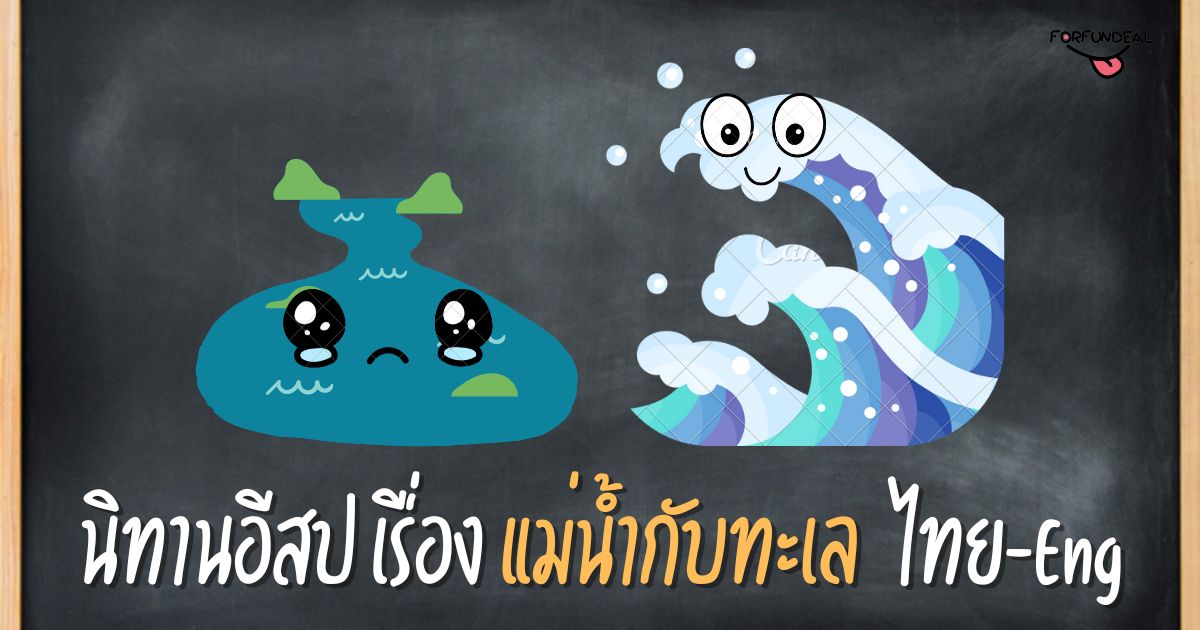“ความฝันของประติมากร” เป็นนิทานอีสปที่บอกเรื่องราวของประติมากรมีความฝันที่มีตัวเลือกให้เลือก ให้เกียรติดวงวิญญาณของเขาด้วยการประดิษฐ์มันขึ้นมาเหมือนเทพเจ้า หรือลดระดับมันราวกับสัตว์ร้าย
นิทานอีสปเรื่องเทพความฝันของประติมากร
กาลครั้งหนึ่งนานมาแล้ว ในเมืองอันเงียบสงบท่ามกลางเนินเขาสูง มีประติมากรคนหนึ่งอาศัยอยู่ ซึ่งชาวเมืองลืมชื่อไปนานแล้ว เขาเป็นคนสันโดษซึ่งเป็นที่รู้จักจากผลงานศิลปะอันน่าทึ่งที่ประดับประดาจัตุรัสกลางเมืองเท่านั้น ประติมากรรมของเขาไม่ใช่แค่รูปแบบที่ไร้ชีวิตชีวา แต่ดูเหมือนว่าจะมีประกายแห่งความศักดิ์สิทธิ์ ซึ่งรวบรวมแก่นแท้ของเหล่าเทพเจ้าเอาไว้
Once upon a time, In a quiet town nestled amidst rolling hills, there lived a sculptor whose name had been long forgotten by the townsfolk. He was a recluse, known only by his remarkable works of art that adorned the town square. His sculptures were not merely lifeless forms but seemed to possess a spark of divinity, capturing the essence of the gods themselves.
คืนเดือนหงายคืนหนึ่ง ขณะที่เขาทำงานหนักในห้องทำงานที่มีแสงสลัว การปรากฏตัวของลึกลับก็ดังไปทั่วห้อง สายลมอันอ่อนโยนพัดเข้ามา และเปลวเทียนที่ริบหรี่ดูเหมือนจะร่ายรำอย่างสง่างามราวกับอยู่ในโลกอื่น ทันใดนั้น เสียงที่แผ่วเบาดังเสียงกระซิบก็ปกคลุมประสาทสัมผัสของประติมากร
One moonlit night, as he toiled away in his dimly lit workshop, a mysterious presence filled the room. A gentle breeze stirred, and the flickering candle flames seemed to dance with an otherworldly grace. Suddenly, a voice, soft as a whisper, enveloped the sculptor’s senses.
“เจ้ามีทางเลือก” เสียงนั้นพูด และประติมากรก็รู้ว่าเขาอยู่ต่อหน้าเทพ เขาหันกลับมาอย่างช้าๆ เพื่อดูร่างที่เปล่งประกาย สิ่งมีชีวิตที่ไม่มีตัวตนที่เปล่งประกายออร่าศักดิ์สิทธิ์ นั่นคือเฮอร์มีส ผู้ส่งสารของเทพเจ้า
“You have a choice,” the voice said, and the sculptor knew he was in the presence of a deity. He turned slowly to see a radiant figure, an ethereal being that radiated a divine aura. It was Hermes, the messenger of the gods.
เฮอร์มีสกล่าวต่อว่า “เจ้ายืนอยู่บนทางแยก ที่ซึ่งชะตากรรมของจิตวิญญาณของเจ้าอยู่ในมือของเจ้าเอง เจ้ามีทางเลือกระหว่างการให้เกียรติจิตวิญญาณของเจ้าด้วยการสร้างสรรค์งานศิลปะที่สะท้อนถึงความศักดิ์สิทธิ์ การยกระดับจิตวิญญาณของมนุษยชาติ หรือการปฏิบัติต่อพรสวรรค์ของเจ้า ด้วยความเย่อหยิ่ง จึงลดจิตวิญญาณของเจ้าลงราวกับสัตว์ร้าย”
Hermes continued, “You stand at a crossroads, where the destiny of your soul lies in your hands. You have a choice between honoring your soul by crafting art that mirrors the divine, elevating humanity’s spirit, or treating your talent with arrogance, thereby lowering your soul such as a beasts.”
ประติมากรรู้สึกท่วมท้นด้วยการสถิตอยู่ของพระเจ้า รู้สึกถึงจุดมุ่งหมายอันลึกซึ้ง เขาตระหนักว่าพรสวรรค์ของเขาไม่ได้เป็นเพียงทักษะแต่เป็นของขวัญอันศักดิ์สิทธิ์ เป็นโอกาสในการยกระดับจิตวิญญาณของมนุษย์ นับจากนั้นเป็นต้นมา เขาได้ใช้ฝีมือสร้างสรรค์งานประติมากรรมที่ก้าวข้ามโลกแห่งวัตถุ โดยรวบรวมแก่นแท้แห่งคุณธรรม ภูมิปัญญา และความงาม
The sculptor, overwhelmed by the divine presence, felt a profound sense of purpose. He realized that his talent was not just a skill but a sacred gift, an opportunity to elevate the human spirit. From that moment on, he channeled his craft to create sculptures that transcended the material world, capturing the essence of virtue, wisdom, and beauty.
คำพูดของแรงบันดาลใจที่เพิ่งค้นพบของประติมากรคนนี้แพร่กระจายไปทั่ว ดึงดูดผู้คนจากดินแดนอันห่างไกลให้มาชมศิลปะอันศักดิ์สิทธิ์ที่ประดับประดาจัตุรัสกลางเมือง ผลงานของเขาทำหน้าที่เป็นเครื่องเตือนใจว่ามนุษยชาติมีทางเลือกที่จะปรารถนาสู่ความยิ่งใหญ่ เพื่อเป็นเกียรติแก่พระเจ้าภายใน หรือลงไปสู่ความต่ำต้อย
Word of the sculptor’s newfound inspiration spread far and wide, drawing people from distant lands to witness the divine artistry that graced the town square. His works served as a reminder that humanity had the choice to aspire to greatness, to honor the divine within, or to descend into baseness.

นิทานเรื่องนี้สอนให้รู้ว่า
“การเลือกใช้พรสวรรค์ของเราสามารถยกระดับจิตวิญญาณของเราเองหรือเลือกดูหมิ่นตัวเอง และให้เราให้เกียรติพลังในตัวเรา”
- พลังแห่งการเลือก: เรื่องราวเตือนเราว่าเรามีพลังในการเลือกวิธีที่เราใช้พรสวรรค์ของเรา และไม่ว่าเราจะยกระดับจิตวิญญาณของเราหรือลดทอนพรสวรรค์เหล่านั้น
- ความอ่อนน้อมถ่อมตนและความรับผิดชอบ: เน้นย้ำถึงความสำคัญของความอ่อนน้อมถ่อมตนในการตระหนักถึงของประทานของเราและความรับผิดชอบที่มาพร้อมกับสิ่งเหล่านั้น
- ศิลปะคือการเปลี่ยนแปลง: ศิลปะมีพลังในการเปลี่ยนแปลงทั้งผู้สร้างและผู้ชม โดยเชื่อมช่องว่างระหว่างมนุษย์กับพระเจ้า
- การยกระดับมนุษยชาติ: พรสวรรค์ของเราสามารถใช้เพื่อยกระดับจิตวิญญาณของมนุษย์ เฉลิมฉลองคุณธรรมอันสูงส่งที่ทำให้เราคล้ายกับเทพเจ้า
- การใช้ชีวิตอย่างมีเป้าหมาย: การค้นพบจุดมุ่งหมายที่ลึกซึ้งยิ่งขึ้นในความสามารถและความพยายามของเราสามารถนำไปสู่การเดินทางในชีวิตที่เติมเต็มและมีความหมายมากขึ้น
“Our choices in how we use our talents can either elevate our souls or demean them, encouraging us to honor the divine within us.”
- The Power of Choice: The story reminds us that we have the power to choose how we use our talents and whether we uplift our souls or diminish them.
- Humility and Responsibility: It underscores the importance of humility in recognizing our gifts and the responsibility that comes with them.
- Art as Transformation: Art has the power to transform both the creator and the audience, bridging the gap between the mortal and the divine.
- Elevating Humanity: Our talents can be used to elevate the human spirit, celebrating the noble virtues that make us akin to the gods.
- Purposeful Living: Discovering a deeper purpose in our talents and endeavors can lead to a more fulfilling and meaningful life journey.
โดยสรุปแล้วนิทานเรื่องนี้สอนเราถึงพรสวรรค์ของเราไม่ได้เป็นเพียงเพื่อผลประโยชน์ส่วนตัวเท่านั้น แต่ยังเพื่อการพัฒนามนุษยชาติให้ดีขึ้นและการยกระดับจิตวิญญาณของเราเองด้วย

